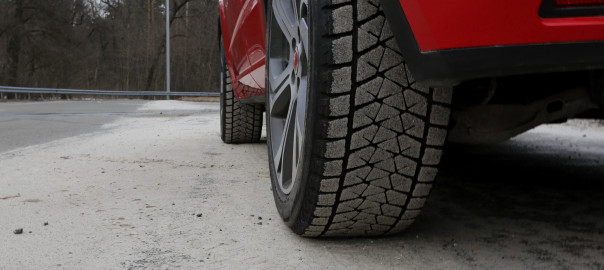There’s a myriad of factors that impact the quality and balance of tires – all of which are crucial for driving safety, as even minute shifts in tire quality can severely impact driving quality and safety. In this blog entry, the Chicagoland car towing experts at Towing Chicago will detail the importance of regular tire rotation, tire maintenance, and balanced tire inflation.
Why it’s so important to Rotate your Tires
Tire rotation is an essential part of vehicle maintenance, and makes your tire tread last for much longer. Tire rotation can enhance tire road performance, making driving much safer. Without regular tire rotation, tire conditions degrade, leading to the need to spend more on new tires. Different tires wear out differently; front tires usually wear out faster than back tires since heavy car engines are located in the front. Cars that drive long distances on rough terrain will have more wear than those that only drive on asphalt. Tire rotation allows tires to wear more evenly, making it easier to handle your car when turning, stopping, or breaking, increasing traction in inclement weather, improving gas mileage, and making the ride feel smoother.
How often should I rotate my vehicle’s tires?
This depends on the stipulations of your vehicle manufacturer, but as a general rule, tires should be rotated between every 6000 and 8000 miles of driving. If you’re not driving your vehicle regularly, rotate your tires every 6 months.
Tire Balancing
Tires should be balanced after driving every 12,000 miles or whenever you get your tires rotated. A car mechanic can easily balance your tires using specialist tools.
Air Pressure
Ensure that the proper air pressure is kept in all of your tires. Consult your vehicle owner’s manual for the exact level of air pressure that you want. Imbalance tires, or tires that have rotation issues due to pressure problems can cause the need for expensive repairs, or, even worse, risk seriously dangerous accidents.

